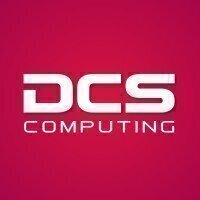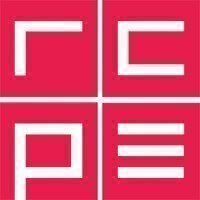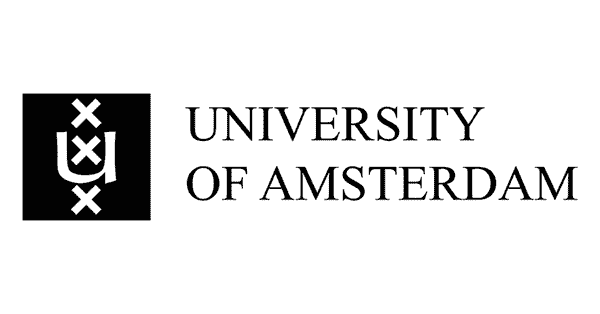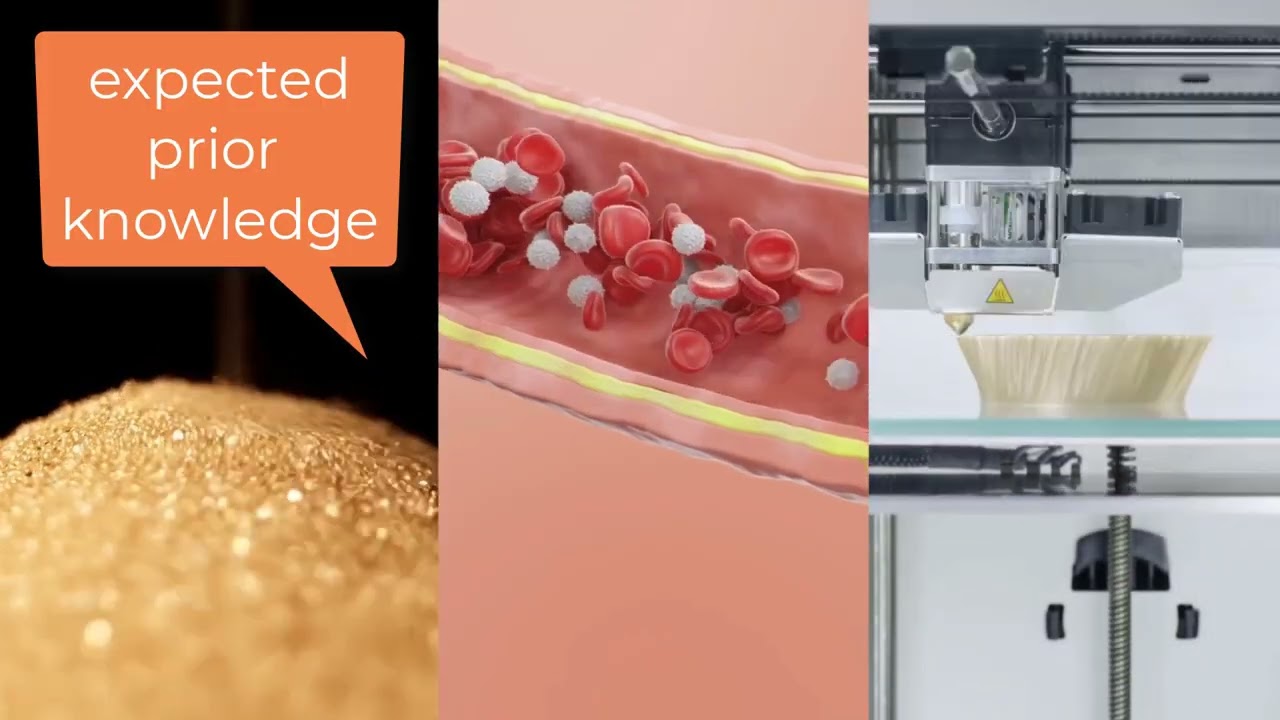
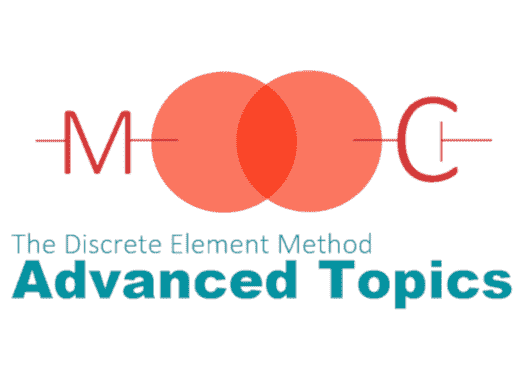

The Discrete Element Method: Advanced Topics
Graz University of Technology
Stefan Radl
Tietoa
Traileri The Discrete Element Method: Advanced Topics
Yleistä tietoa kurssista
#imoox, #DEM, #engineering, #chemicalengineering, #particle, #simulation, #multiphysics
But how did the DEM achieve to be so successful in a variety of applications? Which features should be part of a DEM simulation tool to make it ready for applications beyond classical granular flow? This MOOC provides a course on advanced topics related to the DEM, that will guide you to answer these questions!
Sisältö
Kurssin sisältö
In this MOOC we cover advanced topics related to the DEM. The ultimate goal is to provide a deeper understanding of the features that make a typical DEM-based simulation tool successful in a variety of applications. Simulation examples, as well as quizzes are provided to guide students already familiar with the DEM thru more advanced topics ranging from polydispersity to a plurality of multiphysics applications.The course is divided into six units that are grouped as follows:
- Introduction to the Advanced Usage of DEM (Unit 1)
- Postprocessing and Benchmarking (Unit 2)
- Non-spherical Particles (Unit 3)
- Polydispersity (Unit 4)
- CFD-DEM and Multiphysics Applications (Unit 5)
- Flexible Particles and Structures (Unit 6)
Kurssin tavoitteet
After attending this MOOC, the participants should be able to...- ... deeply understand the output of DEM-based simulation and make advanced interpretations.
- ... judge the feasibility of performing DEM-based simulations for a range of (multiphysics) applications. Such applications may involve (i) extreme particle deformation or even particle breakage, (ii) heat transfer, or (iii) segregation phenomena.
Pohjatiedot
Students are expected to have completed the course “Fundamentals of the Discrete Element Method“, or a similar course that covers DEM fundamentals.Kurssin toteuttaminen
- an introductional video lays the foundations of each unit.
- multiple short videos form the core of each teaching unit
- these videos are followed by self-assessment quizes to check the knowledge gained. In order to obtain the MOOC certificate for a specific unit, at least 75% of the points must be achieved in each of these quizzes.
Hand outs (PDFs) are provided to help the students in taking notes, as well as to underline key learning concepts.
For the particularly motivated, we offer additional material: For example, these are more complex questions and calculations, or larger simulation examples. Worked out examples of this additional material can be handed in to collect the credits for the accompanying TU Graz course of Prof. Radl.
Participants are encouraged to raise questions in the accompanying forum. These can (and should!) be answered by both the course creators and the participants.
Todistus
For actively participating in the course you will receive an automatic certificate which includes your username, the course name as well as the completed lessons. We want to point out that this certificate merely confirms that the user answered at least 75% of the self-assessment questions correctly.Lisenssi
The teaching material for this MOOC is licensed under CC BY 4.0. Note that some video material might be covered by a different license - this is mentioned in (or at the end of) such a video.Collect ECTS credits with this MOOC!
You can also collect credits within the “European Credit Transfer System” (ETCS) when successfully participating in this MOOC! Contact the course instructor for a list of project studies (including bachelor, master, or phd thesis projects) in which you can benefit from badges collected in this MOOC!
Kurssin ohjaaja

Stefan Radl
Stefan holds a PhD in chemical engineering from Graz University of Technology (TU Graz). During his PhD and post-doc studies he developed and used DEM-based simulators, as well as associated post-processing tools. Since 2018 he is an Associate Professor at TU Graz, where he holds a venia docendi for the subject “particle technology”. His interest is in connecting different simulation tools for particulate and suspensions flows, as well as applying them to challenges faced by the chemical industry.Kirjaudu sisään ja ilmoittaudu Tällä hetkellä: 122 Osallistujat
Maksuton kaikille € 0.00
Yhteistyökumppanit
- Becker 3D Simulation Software (Austria)
- DCS Computing (Austria)
- eScience Center (Netherlands)
- Montanuniversitaet Leoben (Austria)
- Research Center Pharmaceutical Engineering GmbH (Austria)
- University of Navarra (Spain)
- University of Amsterdam (Netherlands)

Graz University of Technology
Graz

